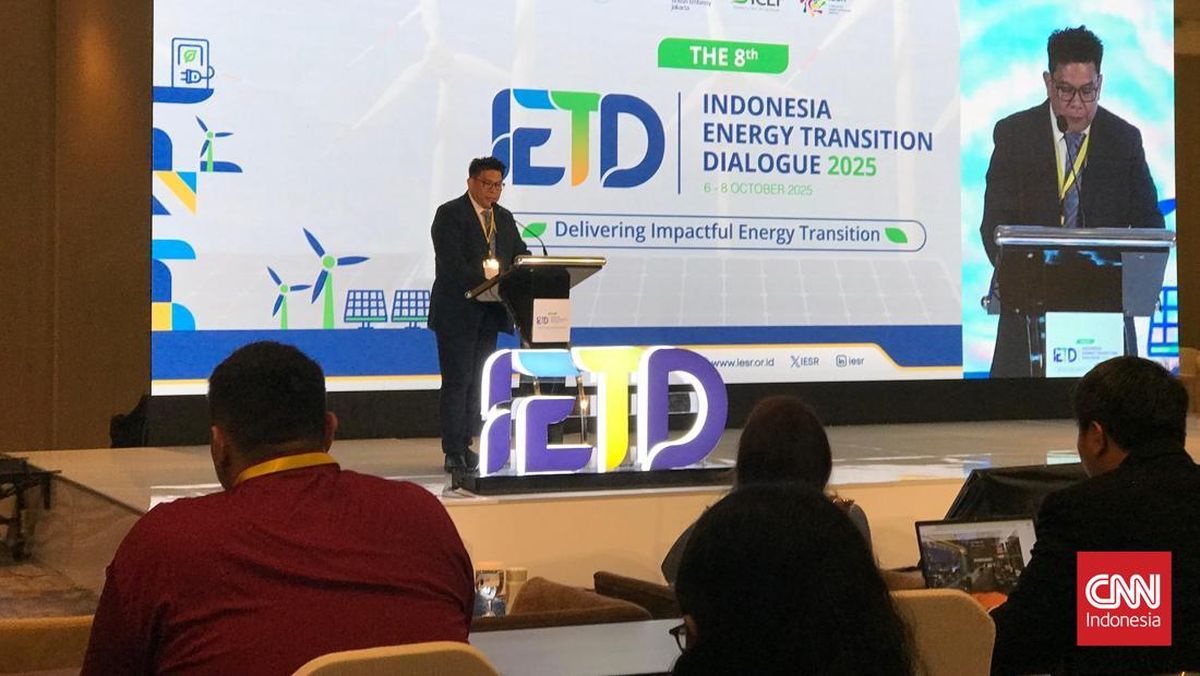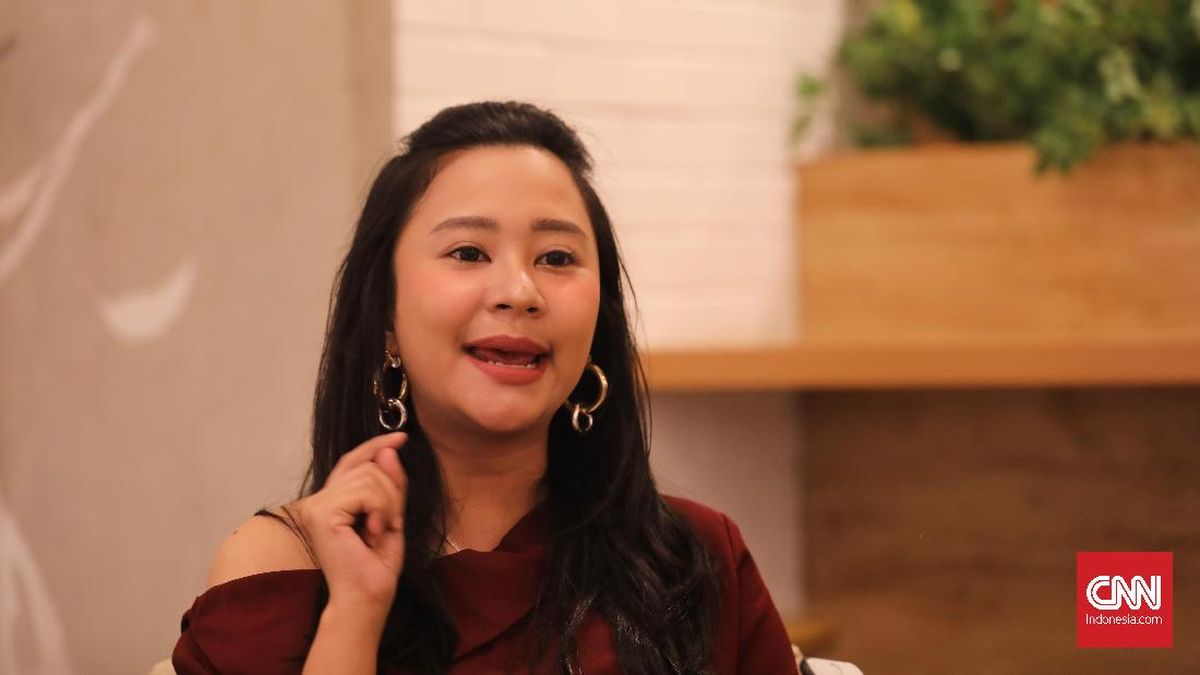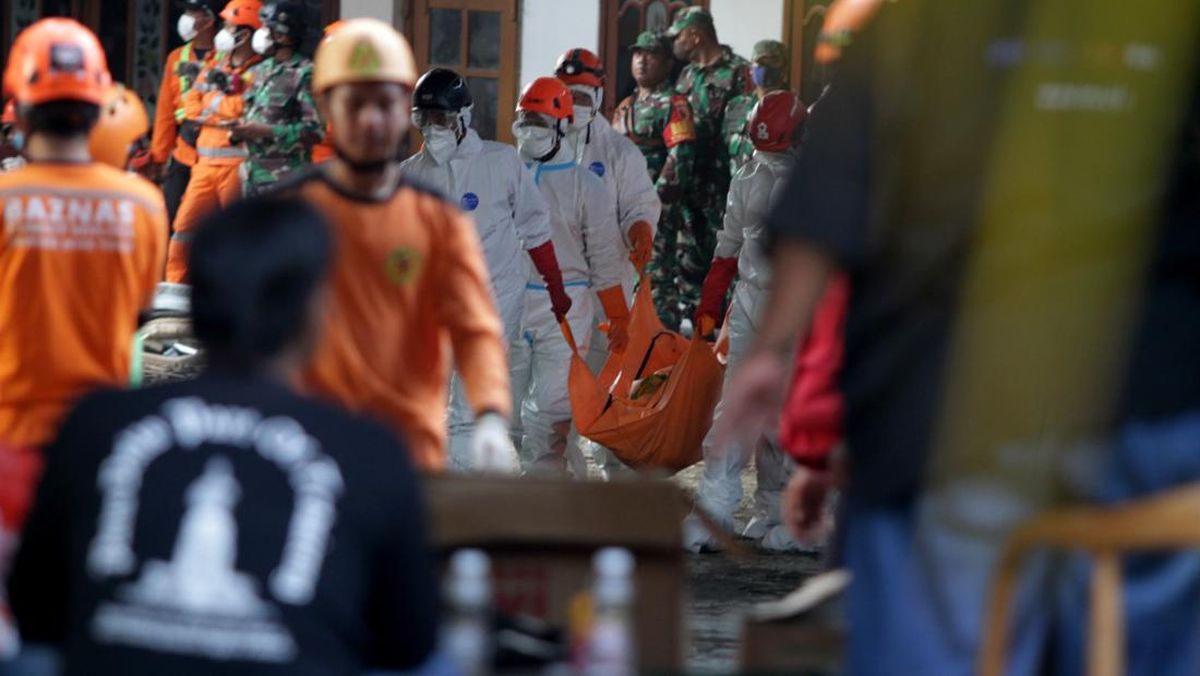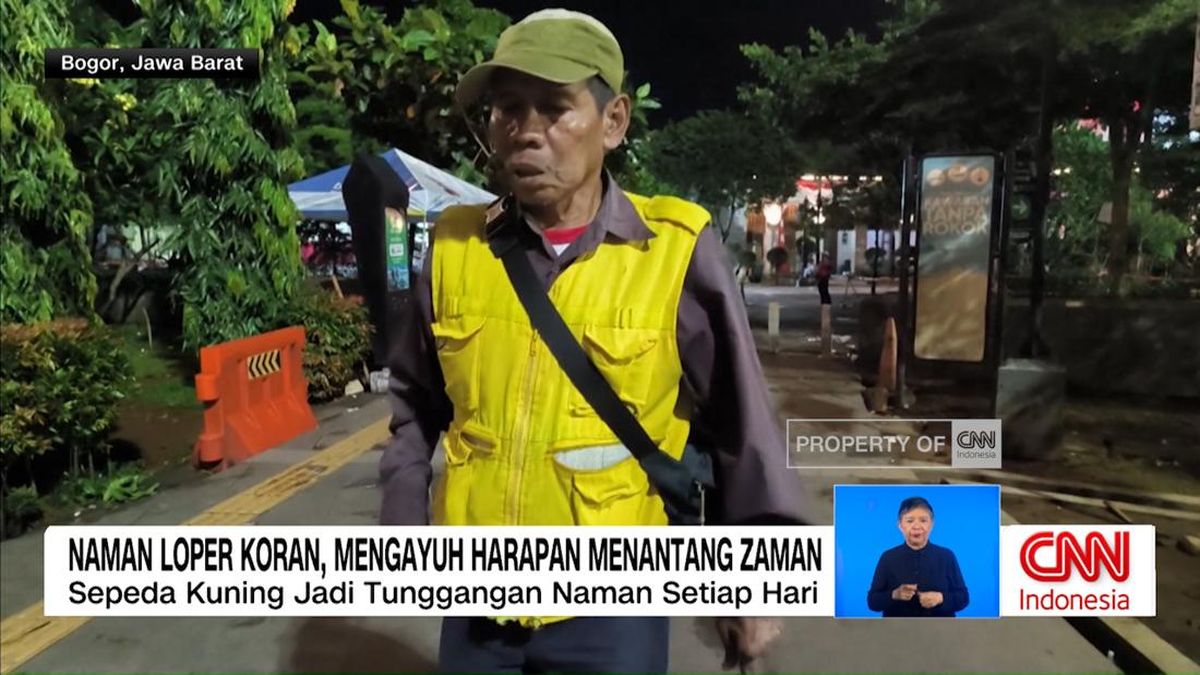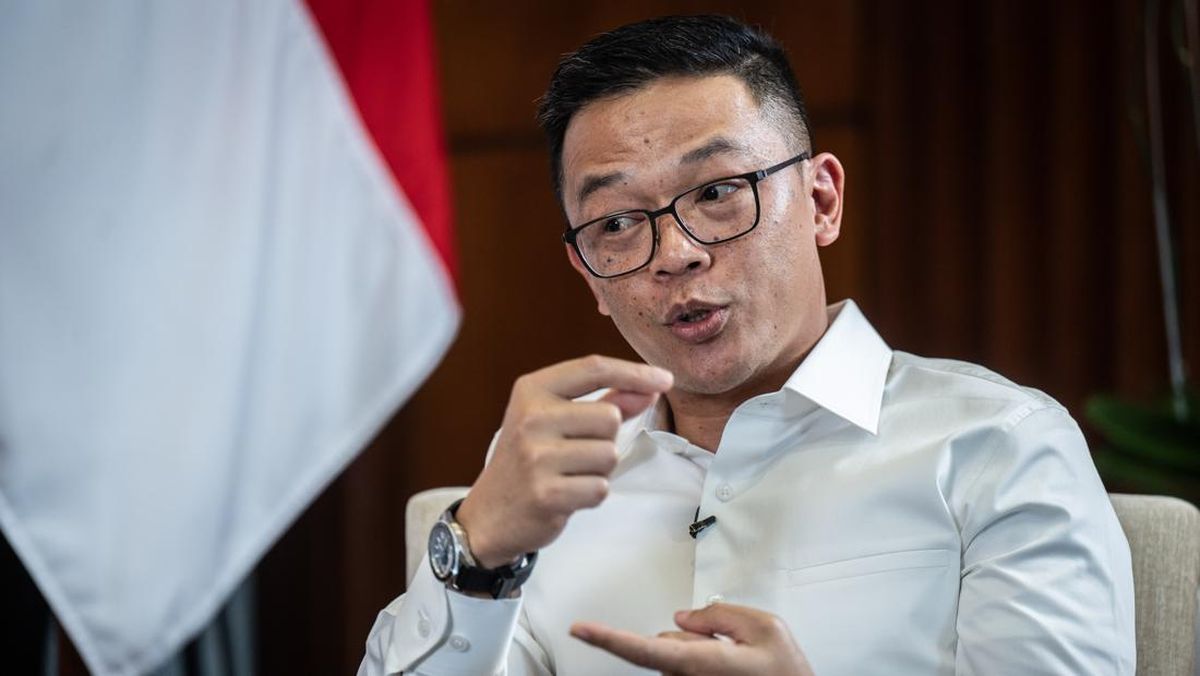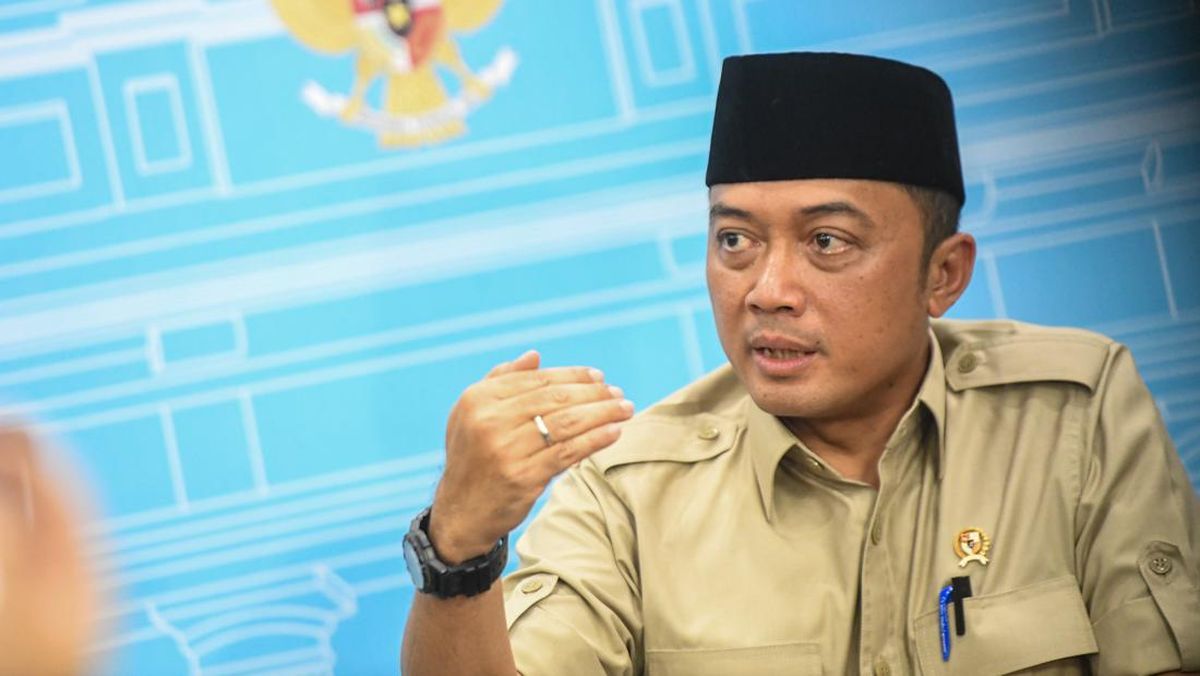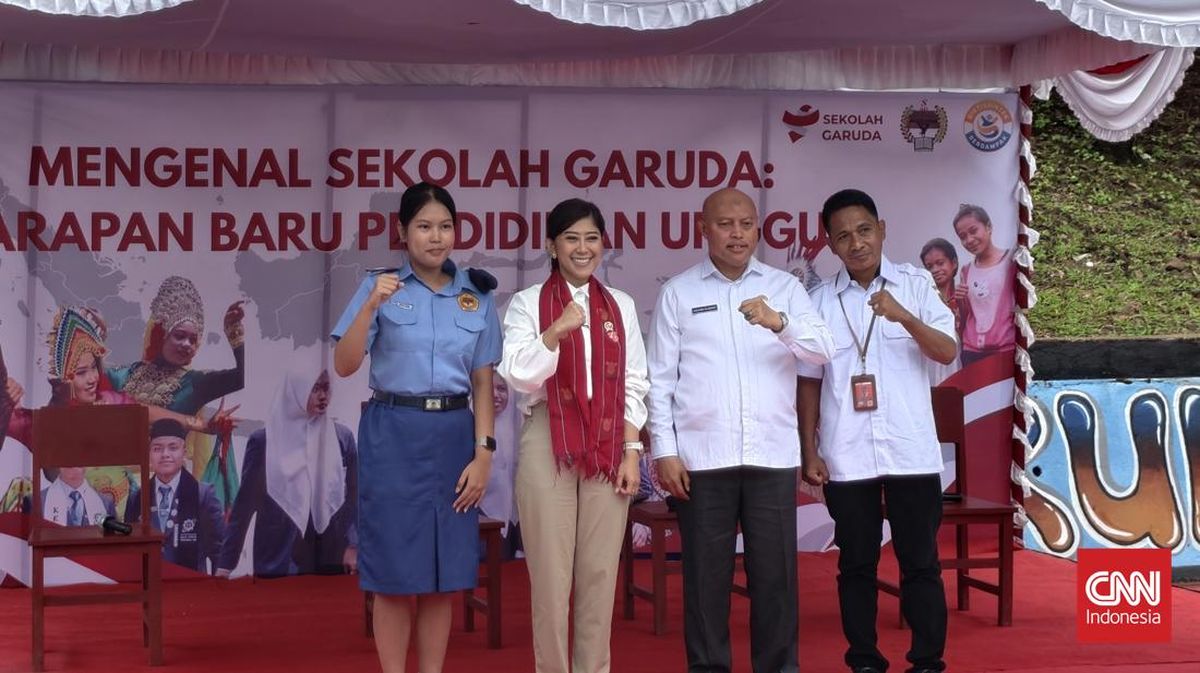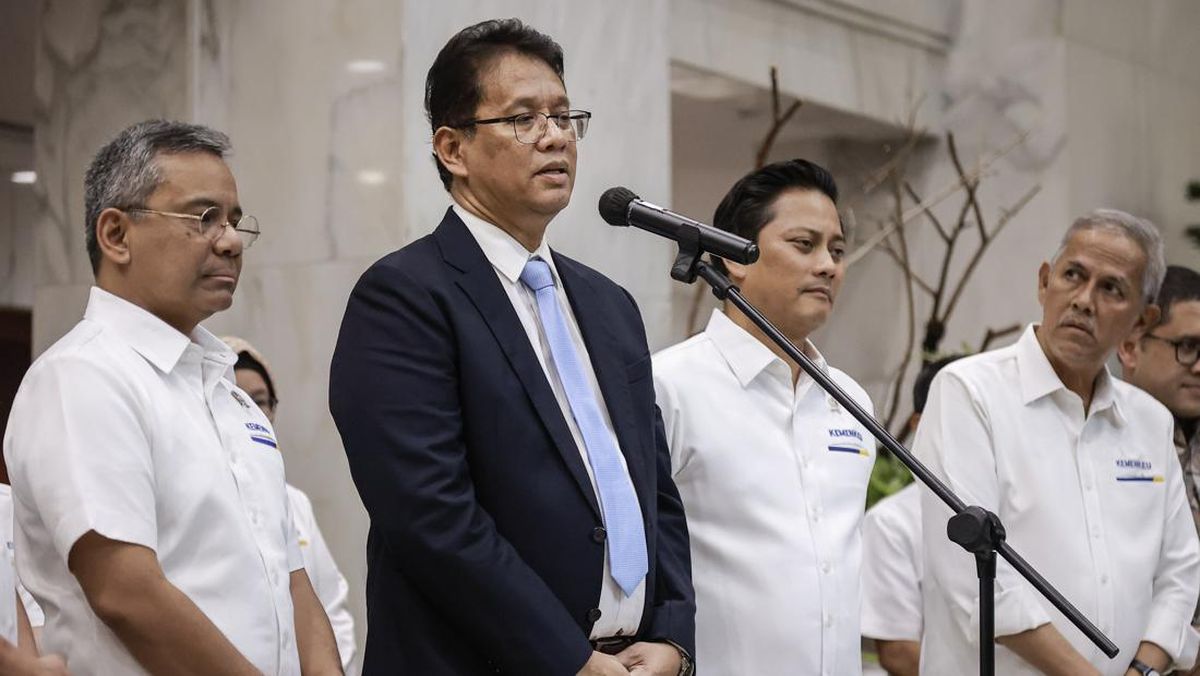Opinion
September 28, 2025 — 3.57pm
September 28, 2025 — 3.57pm
If a pathway to translating Palestine into reality remains elusive, and the wounds of today are not healed, a grim future awaits not only for Palestinians and Israelis, but for the cohesion of Australian society as well.
The government’s formal recognition of Palestine is therefore welcome, both as a statement of Australian values and because it reduces the gap which supporters of Palestine can identify between the idealism of our rhetoric and the realism of our policy position. And though many would like more action to stop the carnage in Gaza, at least there is now a starting point.

Australian Prime Minister Anthony Albanese addresses the UN General Assembly in New York.
But two key issues still need to be addressed.
The first is how best to pursue, even as a generational project, the achievement of peace with justice, security and equal rights for Israelis and Palestinians. In principle the goal is clear, but its practical form, and the pathway to reaching such an outcome, have never looked more uncertain.
Are there to be two states – as Israel firmly rejects – or one? Is Australia to accept that the right of self-determination is to be reserved, indefinitely and exclusively, as Israel insists, for Jews? What does justice mean when it comes to the rights of Palestinian refugees – the vast majority of which still live within 100 kilometres of the homes they were forced to flee between 1947 and 1948? And even if there is an answer, at least in theory, what happens to Jewish families who have lived in those homes, some for almost 80 years?
Loading
If refugee issues are to be part of a region-wide settlement, will there be justice for Jews who were forced to flee Arab countries such as Iraq and Yemen when Israel was created?
The second, more immediate issue, is that international recognition adds to the urgency of halting the Israeli military campaign that has no realistic chance of achieving its stated objectives of destroying Hamas and freeing hostages. Its more probable, if unstated, objective of rendering Gaza uninhabitable, however, is another matter.
Hamas is an abomination. Its attack in 2023 destroyed the lives and hopes of Palestinians for generations. But the problem, so far as ending the fighting is concerned, is that Hamas and the Israeli occupation are mutually constituted. So long as the occupation continues, Hamas will remain more determined and battle-hardened, and more potent socially and politically, than any alternative.
Under occupation, Hamas has not, and will not, lose the will to fight. And far from being party to disarm Hamas on behalf of Israel and the United States, Arab leaderships will continue to live with it.
Meanwhile, the Israeli military campaign, along with the de facto annexation of the West Bank, will continue to severely compromise the political legitimacy and credibility of the Palestinian Authority. And the ultimate effect of further discrediting the PA, and eviscerating its financial viability, is to deny the possibility of achieving the justice, security and equal rights for Palestinians upon which peace ultimately depends.
Traumatised by October 7, 2023, and preoccupied with the fate of Israeli hostages, few Israelis appear concerned at the reduction of Israel to the international status of a pariah state. In practice, such external criticism matters little. For Israeli extremists, including the Jewish settler movement, October 7 represents an opportunity to pursue a vision of a Jewish state that extends across Gaza and the West Bank. Even if the present government is forced to stop short of formal annexation of those areas, it will place enormous pressure upon Palestinians living beyond major urban centres and in refugee camps.
While in the US, congressional support for Israel is unwavering, in Australia, ending the military campaign sits logically and morally alongside support for a Palestinian state.
Australia is legally obliged to support attempts to end the war. However, there are clear practical and political limits to placing additional pressure upon Israel. And the pursuit of Australia’s wider interests in the relationship with Washington suggests we should find a place in the middle of the vanguard on Palestine, rather than the front.
Australia is already sanctioning high-profile advocates for the settler movement, including some members of the Israeli cabinet, arms sales are effectively suspended already, and like other western governments, Australia has acted against imports from Jewish settlements in the West Bank.
Loading
Given the obduracy and determination of Israel’s political leadership to pursue its assault, the failure of sustained efforts by concerned Israelis to shift the Netanyahu government on such issues as the hostages, and before that on legal reform proposals, the likelihood of popular pressure in Israel ending the war is very limited.
But unless there is a change of approach from the US, it is only by bringing home to ordinary Israelis that the actions of its government in Gaza have far exceeded any legal or moral justification, and that there will be consequences for them if the military campaign continues, that lives may be saved.
Accordingly, if it is to contribute to ending the conflict, Australia should help to build a global consensus to suspend all cultural, sporting and academic links with Israel until it ends its actions in Gaza, and enables the unhindered distribution of humanitarian aid by UNRWA and other UN agencies.
There should be a clear statement that dual-national Australians who serve with the Israel Defence Force may be subject to prosecution in Australia if the International Court of Justice determines that war crimes have been committed. It should also be made clear that Israelis seeking to visit Australia may be asked if they have undertaken military service in Gaza; and that their visa applications will be reviewed accordingly.
While these modest measures may have limited effect on the ground, there can be no justification for Australia failing to use its influence where possible. Any leverage can help bring this carnage to a halt should, and must, be used.
Bob Bowker is an Honorary Professorial Fellow at the Centre for Arab and Islamic Studies at the Australian National University, and a former Australian ambassador to several Arab countries.
Most Viewed in World
Loading

